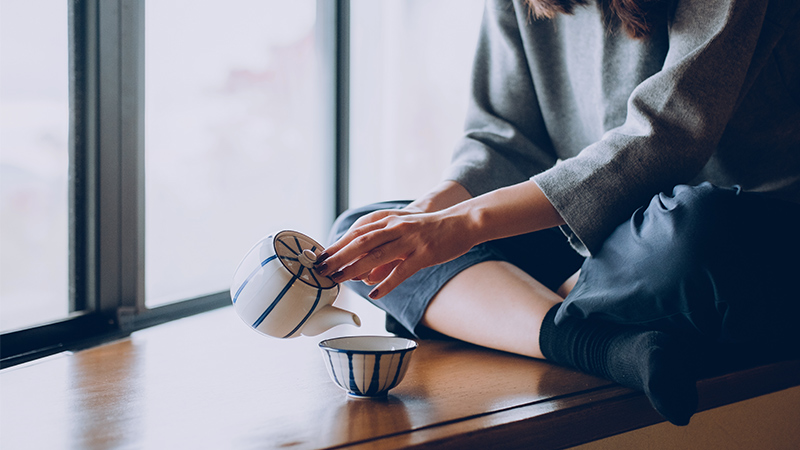
In Scotland, you can choose to have it paid twice a month instead.
If you’re on a low income or out of work, you may be able to claim universal credit.
Here’s our guide to help you understand how to apply and how much you might get.1
Universal credit was brought in to replace:
If you already receive any of these, you won't need to do anything, unless:
Find out how to apply for universal credit on the GOV.UK website. If you live in Northern Ireland, you'll need to go to nidirect.gov.uk. You’ll also need check you’re eligible to receive universal credit.
To apply, you’ll need an email address and details of the following:
You’ll also need proof of identity, such as:
You can't claim universal credit if you're also entitled to the severe disability premium or have been within the last month.
Universal credit payments vary because there’s a standard allowance per household, plus other elements you may, or may not, be eligible for. These include housing, childcare and disability.
Find out how much the standard allowances are on GOV.UK.
Universal credit is paid in arrears, but you can apply for an advance payment if you don’t have enough to live on while you wait.
Your payment may be reduced if you have more than £6,000 in money, savings and investments. If you’re under state pension age, the amount saved in your pension pot won’t affect how much universal credit you’re entitled to.
You might be able to apply for other financial support related to universal credit, including alternative payment arrangements, or a budgeting advance.
The GOV.UK website also has details of how to get help with things like:
You could also be missing out on other benefits, which you may be entitled to.
1 We’ve made every effort to ensure this article is accurate but things may change. Please check the GOV.UK website for up-to-date information.